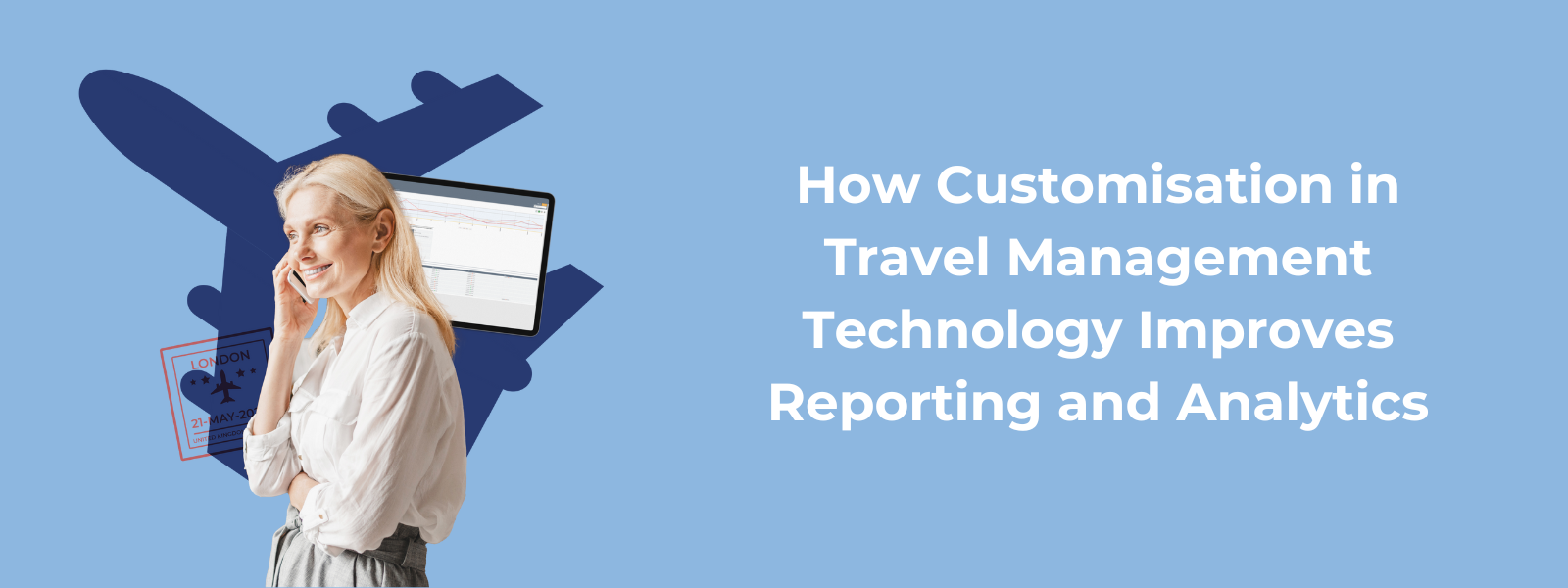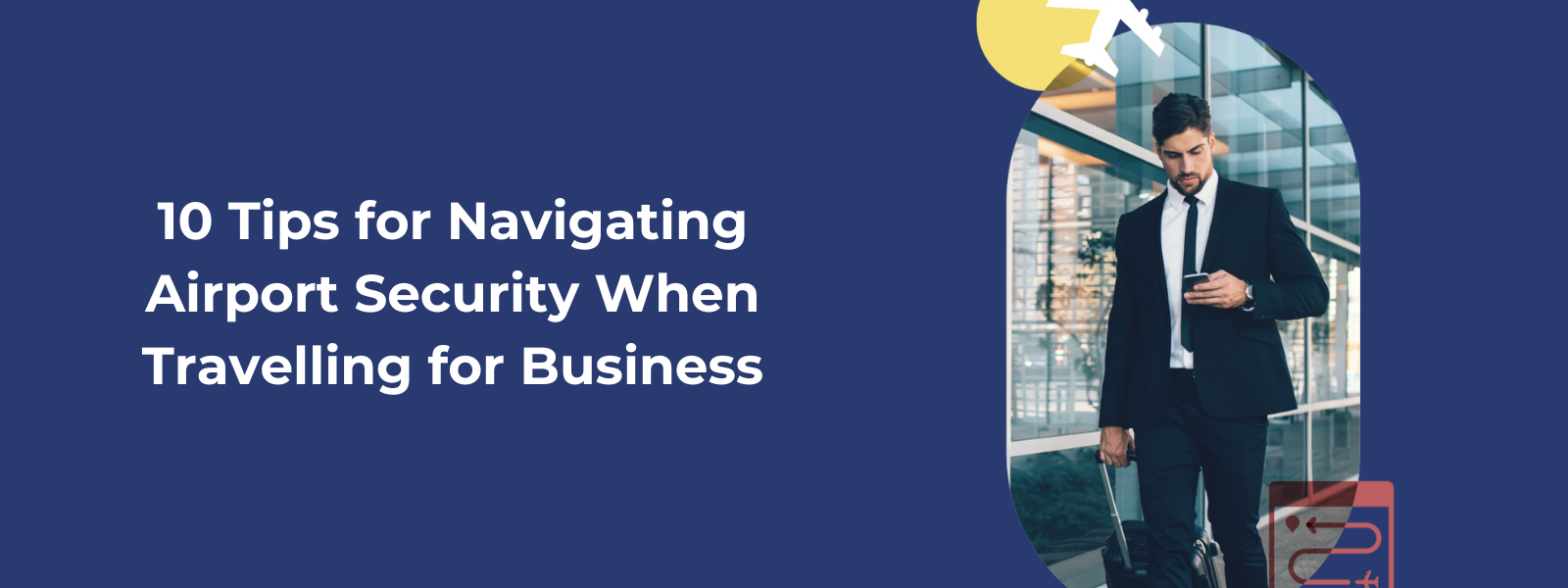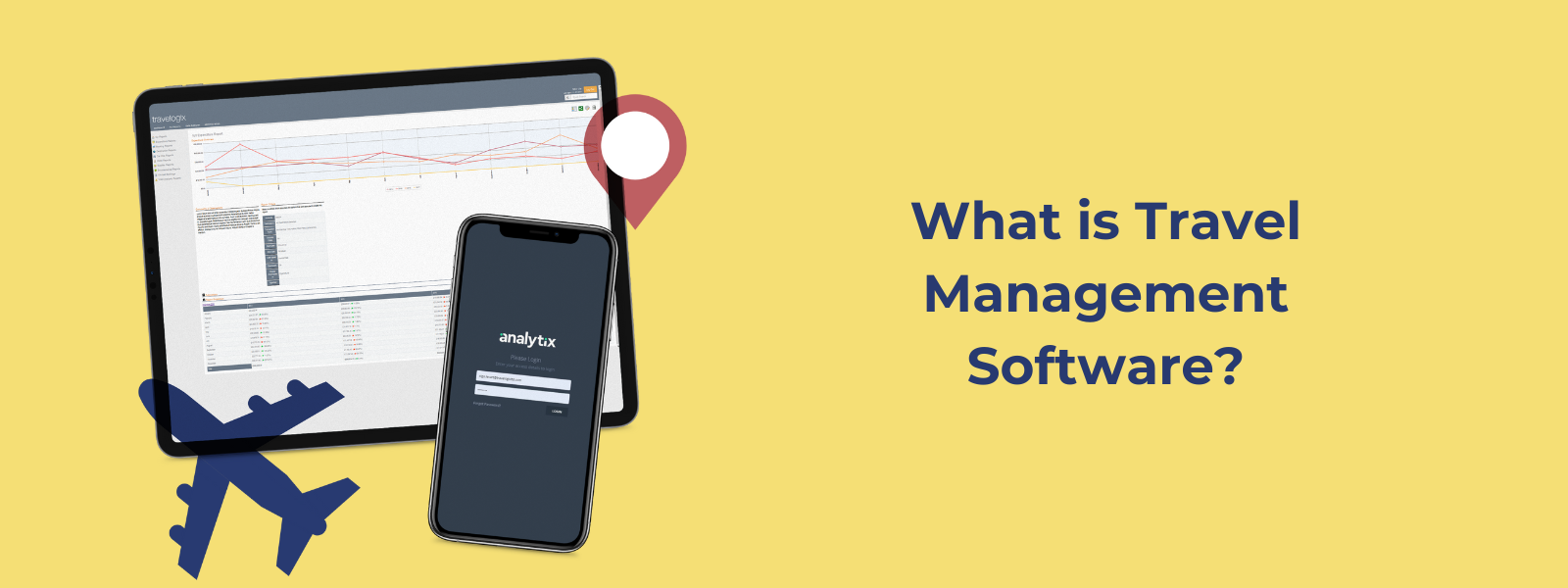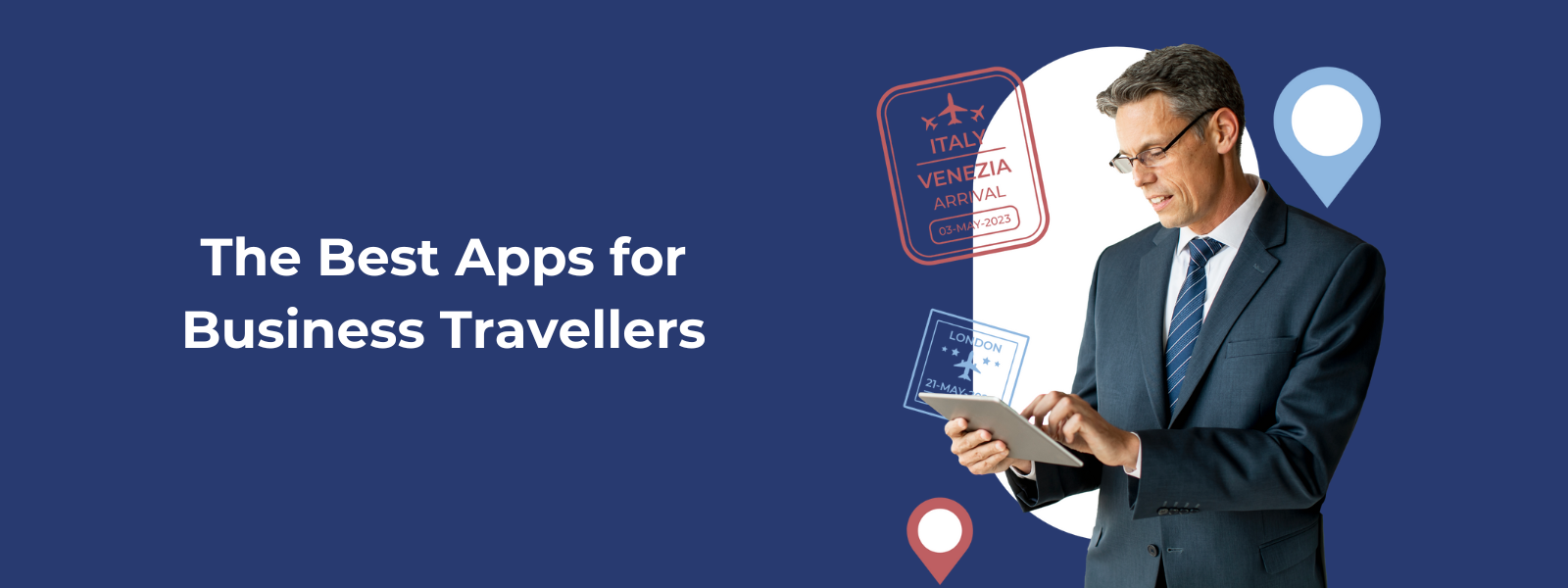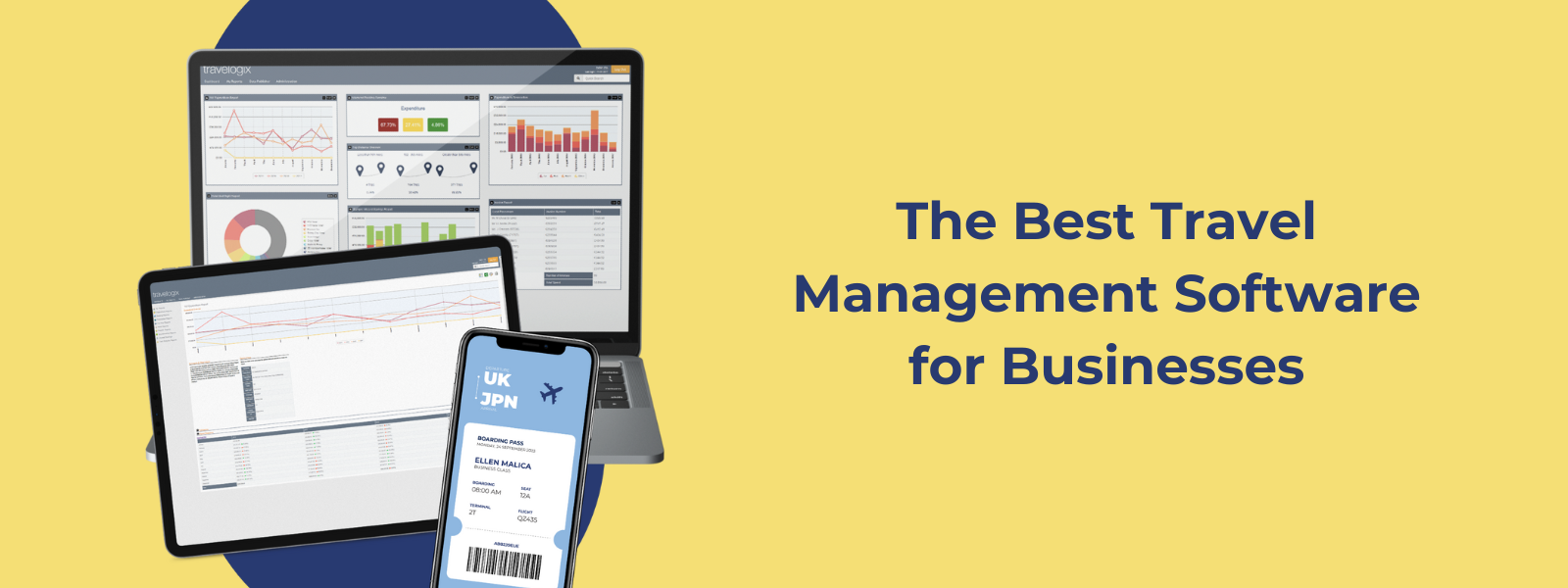In the constantly evolving world of corporate travel, the right technology is pivotal to ensure cost efficiency, employee happiness, and actionable insights.
Travel management technology offers a level of customisation that helps businesses optimise their reporting and analytics processes, and that upgrade can be genuinely transformative.
A generic, one-size-fits-all solution may work for some companies, but to get the best data and analytics — the kind you can act upon, and use to shape your business for the better — a tailored travel management package is key.
Why customisation matters
Customisation is critically important in the corporate travel industry because every business is different. In this hyper-competitive landscape, companies need to ensure their spending and strategy are optimised. Off-the-shelf reporting and analytics solutions may provide general insights, but still leave a lot to be desired.
Conversely, tailored travel management technology provides a deeper level of insight when it comes to reporting and analytics. This helps businesses align corporate travel strategy with their goals as an organisation; whether that’s cost savings, carbon footprint reduction, or traveller welfare.
With that in mind, we’ve listed 7 ways customisation in travel management tech can revolutionise your reporting and analytics:
1. Cost-efficiency with real-time insights
By customising your travel management system to include real-time reporting, you can track the metrics that matter most to your organisation. With real-time updates on gate changes, flight statuses, and travel disruption, you can ensure your employees are able to adapt on the fly.
This not only eases the stress of business travel for your team, but also prevents potentially costly mistakes or delays caused by employees making hasty, uninformed decisions. From booking last-minute accommodation to avoiding on-the-clock downtime, real-time insights help avoid costly setbacks and keep your workers efficient and productive.
2. Improved forecasting and budgeting
Customised algorithms allow a level of predictive precision that generic tools just can’t compete with. These algorithms will analyse historical data, travel patterns and seasonal trends, and from those inputs generate extremely accurate forecasts.
This level of precision enables businesses to predict upcoming travel costs, identify potential savings, and craft strategic budgets that align with the goals of the organisation. Cutting waste means organisations can spend those renewed budgets on more impactful, ambitious ventures.
3. Better decision-making with granular insights
Customised travel management tech allows for a more granular filtering of data, making it easier than ever to identify trends and optimise processes. Businesses can break down spending by department, region or vendor, to identify inefficiencies and — just as importantly — opportunities.
These granular insights help organisations address specific challenges and locate areas for growth, two things that are much more difficult without a customisable travel management system.
4. Adaptability and versatility
As business priorities change, companies that can duck and weave are best placed to meet variable industry challenges. Customisation allows corporate travel strategy to evolve in tandem with those changes.
As an example, a growing focus on sustainability will require new metrics and new reporting capabilities that off-the-shelf solutions can’t provide.
5. Increased employee satisfaction
Tailored travel management technology — and the boost in reporting and analytics it provides — can drastically improve the travel experience for employees. Customisation can prioritise preferred airlines, hotels, or periods of travel, all while staying within company policy.
6. Improved compliance and risk management
Customised systems can automatically flag non-compliance with travel policies, helping organisations maintain consistent standards. This reduces risks associated with overspending or a breaching of policy guidelines.
7. Seamless integration with existing systems
It’s likely that if you haven’t made the move to a customised travel management system yet, you have a wealth of data that isn’t being utilised to its full potential. Easy integration with travel management technology liberates that important, actionable information, and creates a single source for all your reporting and analytics.
Customisation in travel management technology: future-proofing your reporting and analytics capabilities
As we’ve covered, customisation in travel management technology takes reporting and analytics to the next level, empowering organisations to go beyond surface-level data. With a newly unlocked level of granularity and specificity, businesses can better address organisational needs, with deeper insights, faster decisions, and more productive strategies.
The world is in a constant state of flux, and for companies that engage in corporate travel, the ability to customise their travel management technology — and all the improvements in reporting and analytics that come with that — isn’t just an advantage, but a necessity.
